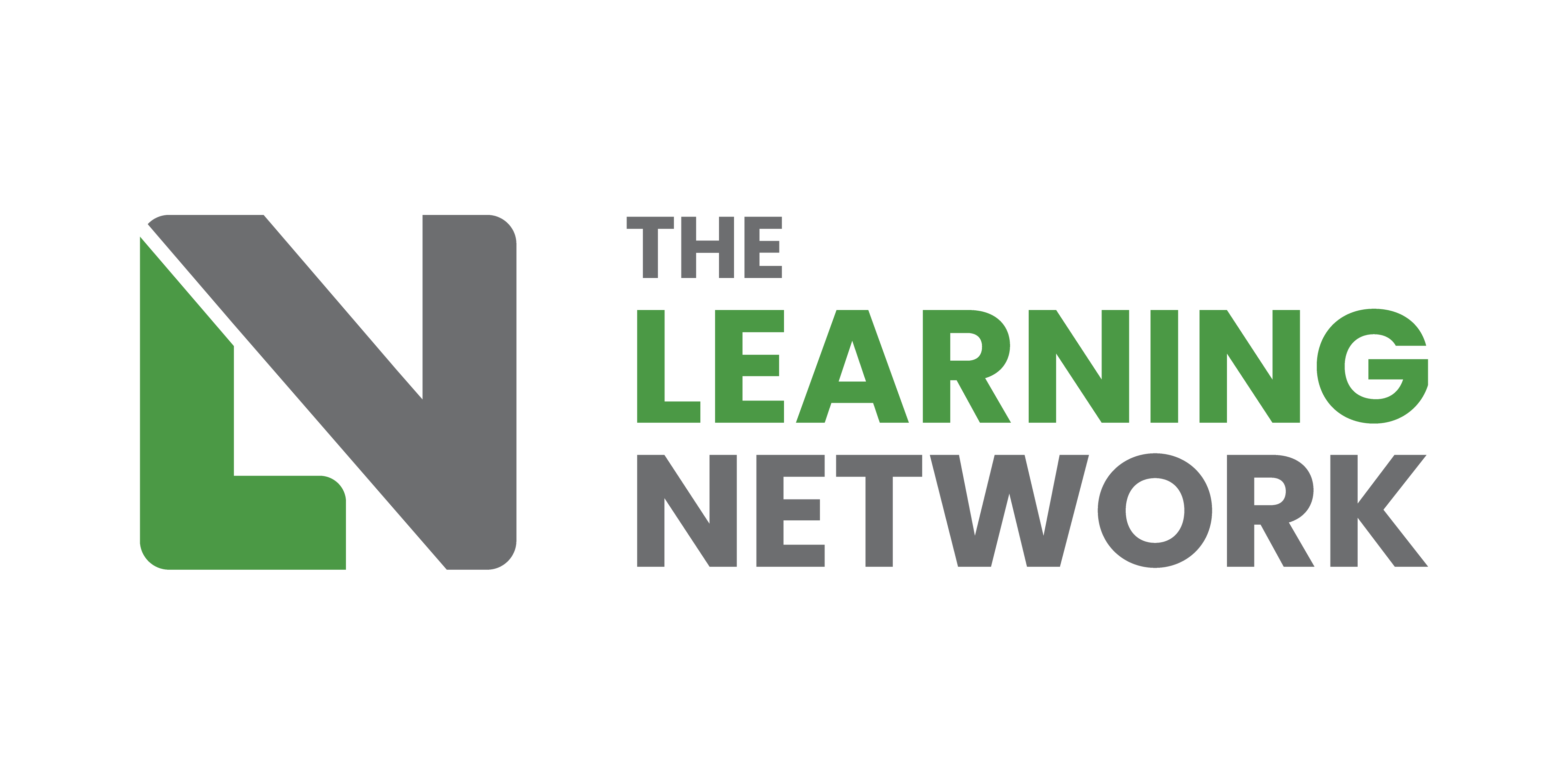Learning was once a specialised craft. The team member who was deemed “instructional designer” designed. The facilitator facilitated. We worked in silos housed in large teams that executed lengthy, waterfall-driven projects outlining your projects for the next year. You owned subjects or business departments and rarely swayed from your dictated path. Data was rarely on the designer’s plate and facilitators were more concerned about projectors than they were about who was on camera.
Our lives have changed. As a learning professional, in organisations that are becoming more specialised, more tech-driven, and agile, you must flex. Now, you are working on multiple projects, perhaps owning multiple roles. You need to shift from the in-person, the virtual, the LMS to the digital platform. You need to understand how what you do translates into business speak. And yes, you need to know the business. It’s not enough to be conversant in just adobe. You need to run between Articulate, Canva, Camtasia, and maybe even dip your toes into AI.
So, what do we do to keep up?
Essential Skills
The core essential skills of tomorrow involve thinking beyond the PowerPoint. These are skills that push us from order takers to trusted advisors.
(1) Critical Thinking
As learning professionals, we are faced with challenges that training is intended to solve. We need to look critically at the needs analysis process, the deliverables, the users, and intended result to ensure that it matches what the business and learners need. We need to be proficient at using, testing, and evaluating solutions so we can most effectively partner.
(2) Visualisation
Visualisation puts us in the user’s shoes. It allows us to walk the learning journey, understand impact, work for accessibility, and align with the business. We need to think about the tools we use and work them to their limits. Visualise how to do more with less to build the user experience.
(3) Human-Centric Experience
When was the last time you thought about the human in the picture? Building training through a human-centric approach allows you to build motivation while taking societal expectations and cultural backpacks into account. It is key when we seek to make our training accessible.
Where are the skills?
As our learning roles change, so has the learning ecosystem. Rather than rushing off to school or trying to find funding for certifications, the best way to learn is to do, connect and build your own learning library.
- Know the new technology. Build projects, see what you like and don’t and chat with experts in your network to learn more.
- Read, listen, watch. Podcasting and blogging are our new libraries. Build your newspaper of knowledge through hearing from those on the front lines about what is really happening and of course, add your two cents.
- Partner. Learn from those in your organisations who do what you do not. Shadow each other and give as well as receive knowledge. This makes for a stronger, well-balanced team that can more easily react to changing tasks.
It is an exciting time for learning and development because at the end of the day, we can make sure that what we do builds the learner as well as the business. But, we have to be ready.
The author - Erin Donovan
Founder Fuel Training Consultants & LN Director of Community Engagement



